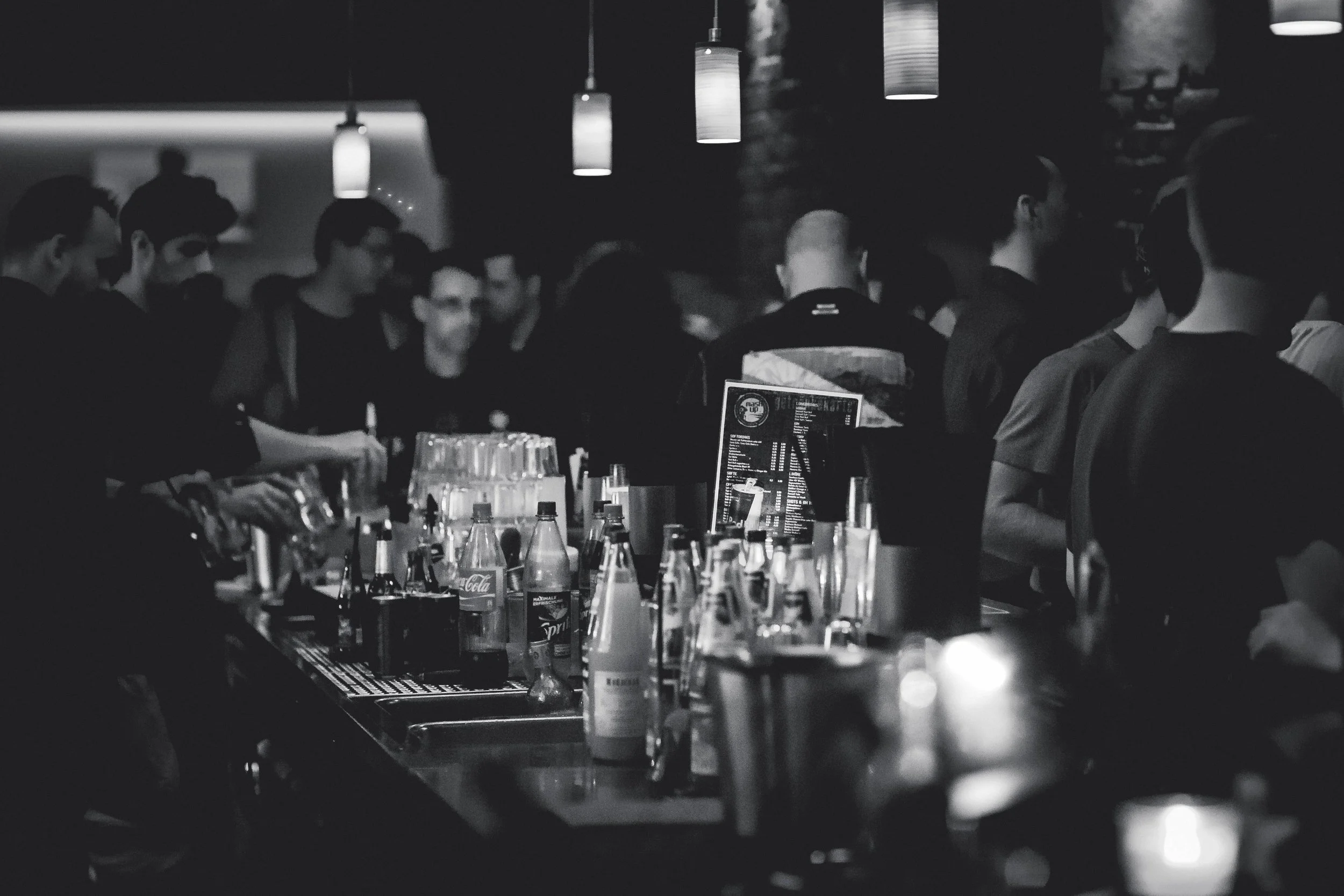Ketamine Therapy for Alcohol Abuse
Struggling with alcohol? Drinking too much? Do you want to cut back or quit altogether? Recent studies have shown ketamine combined with psychotherapy can be an effective tool for cutting back, quitting, or simply reexamining your relationship with alcohol.
Ketamine-Assisted Psychotherapy for Alcohol Abuse
Researchers are beginning to study ketamine (combined with therapy) as a treatment for alcoholism. A recent phase 2 clinical trial named The Ketamine for reduction of Alcohol Relapse (KARE) trial was led by the University of Exeter and funded by the Medical Research Council. The results are striking.
First, some context. Alcoholism is on the rise, spurred on by an isolating and traumatic pandemic. A new study from the National Institute on Alcohol Abuse and Alcoholism (NIAAA) finds that alcohol-related deaths in 2020 were so high that, for 16- to 64-year-olds, they exceeded the number of deaths from covid-19. Many people know they may be in trouble with alcohol. Many more want to cut back, or are becoming worried about depending on alcohol for relief from stress, depression and anxiety.
The KARE trial found that people who had ketamine combined with therapy stayed completely sober for 162 of 180 days in the six month follow-up period, representing 87 percent abstinence. This was significantly higher than any of the other groups in the trial. The participants who received ketamine and therapy were more than 2.5 times more likely to stay completely abstinent at the end of the trial than those on placebo.
The study also found that having ketamine therapy for drinking could prevent drinking in the six months following treatment. Patients having ketamine also had lower depression after three months.
Lead author Professor Celia Morgan, of the University of Exeter, said: "Alcoholism can destroy lives, and we urgently need new ways to help people cut down. We found that controlled, low doses of ketamine combined with psychological therapy can help people stay off alcohol for longer than placebo. This is extremely encouraging, as we normally see three out of every four people returning to heavy drinking within six months of quitting alcohol, so this result represents a great improvement."
Healing from Alcohol Addiction
Participants in the KARE trial conducted interviews with the researchers, and they point to ketamine’s ability to create an out-of-body experience and a sense of oneness as being crucial for healing. One woman said:
"The sense of oneness that I felt and the sense of moving away from focusing on the worries and the small stuff is helpful in terms of improving my relationship with alcohol. Because I think I used alcohol as a self-medication and as a blocking and avoiding mechanism. And I think feeling that those issues are less prevalent or at least less important means I feel less motivated to drink."
They also pointed to the importance of having a professional therapist as part of the ketamine treatment:
"Not only did I get a life changing and mind-altering experience, but then the therapist did plug some new thoughts to me that made me think differently. I feel that it is really important that when you are split open, you know, in such an intense and life changing way that you are given new thoughts and you know that someone gives you something to refill that, so you do change stuff."
Women and Problem Drinking
Historically, men out-drank women every year. However, women are beginning to catch up a survey published in the Journal of the American Medical Association found that heavy drinking among women increased 41 percent in the first several months of covid-19. Since 2020, heavy drinking continues to be an issue for women.
More and more women want to cut down on alcohol or heal their relationship with alcohol. Often, drinking covers up underlying issues like anxiety, depression or trauma. A recent NPA story pointed out that more and more women are drinking not to relax but to cope. In fact, women are more likely than men to use alcohol as a coping tool. Research further shows that drinking to cope, rather than for pleasure or socializing is more likely to lead to unhealthy drinking or a clinical Alcohol Use Disorder.
Alcohol can temporarily relieve distress, but the underlying issues remain. A treatment like ketamine-assisted psychotherapy allows for a deep dive into yourself for true healing.

